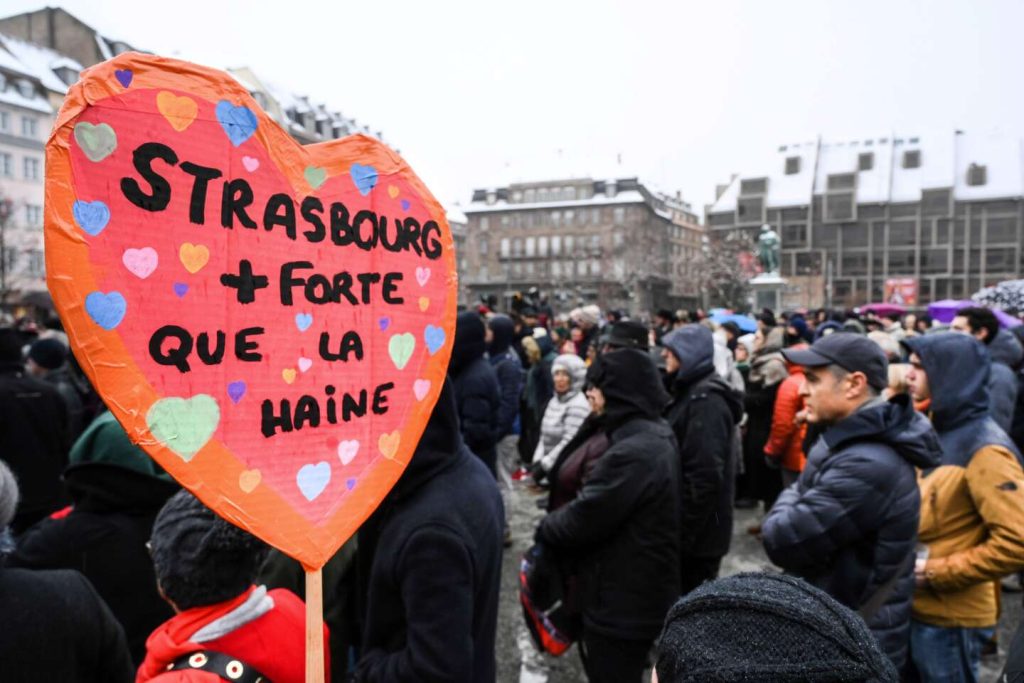The Paris Assize Court has rendered its verdict after a five-week trial against four men accused of playing a role in preparing the Christmas market attack in Strasbourg in December 2018, which resulted in five deaths and eleven injuries. The main accused, Audrey Mondjehi, was sentenced to thirty years in prison for terrorist conspiracy due to his close relationship with the attacker, Chérif Chekatt, who was killed by police following a 48-hour manhunt. Mondjehi was found guilty of knowing about Chekatt’s radicalization but was acquitted of being an accomplice in the assassinations and attempted assassinations.
Additionally, two other defendants, Christian H. and Frédéric B., who were minor intermediaries, were convicted of common law criminal conspiracy and sentenced to five years and four years in prison, respectively, with parts of their sentences covered by time spent in pre-trial detention. A fourth defendant, Stéphane B., was acquitted as the court found no active participation in the crimes. This ruling concluded a trial that brought closure to the victims and their families, with Mondjehi expressing regret for the tragic events.
The Public Prosecutor had requested a thirty-year sentence for Mondjehi for his involvement in the terrorist conspiracy and association of criminals planning crimes against individuals. An additional suspect, Albert B., who sold the weapon used in the attack to Mondjehi and Chekatt, was unable to stand trial due to health reasons and may be prosecuted separately in the future. This case highlights the complex legal proceedings and the importance of holding accountable all those involved in terrorist activities.
The trial shed light on the role of each defendant in the preparation and execution of the attack, emphasizing the legal distinctions between levels of involvement in terrorist activities. While Mondjehi acknowledged his knowledge of Chekatt’s radical views, the court determined that he was not directly complicit in the killings. The convictions of the other defendants reflect the court’s recognition of their role in facilitating the attack, albeit to a lesser extent than the main perpetrator.
The verdict of the court sends a message of accountability and justice for the victims of the Strasbourg attack, while also highlighting the complexities of prosecuting individuals involved in terrorist activities. The trial drew attention to the need for enhanced security measures to prevent future attacks and the importance of international cooperation in combating terrorism. The defendants’ varying sentences reflect the court’s nuanced understanding of their roles in the tragic events that unfolded in Strasbourg in 2018.


